Meet our 2025 Senior Fellows
The FAS Senior Fellows Program helps policy entrepreneurs capitalize on a unique policy window to advance innovative policy priorities that drive positive change. Our Senior Fellows serve as expert voices and resources on key issue areas, cultivate relationships and broker partnerships between FAS and key research, policy, and advocacy communities, provide subject matter expertise and guidance for FAS staff, participants in FAS policy accelerators and workshops, and much more. Our Senior Fellows will be collaborating with Georgetown University’s Tech & Society Digital Services Alumni Fellows on their projects. The Digital Services Alumni Fellowship is a program for mid-career civil servants to continue developing their skills as part of a critically important cadre of next generation tech and policy leaders. Learn more about our Senior Fellows, the Digital Services Alumni Fellows, and their work below
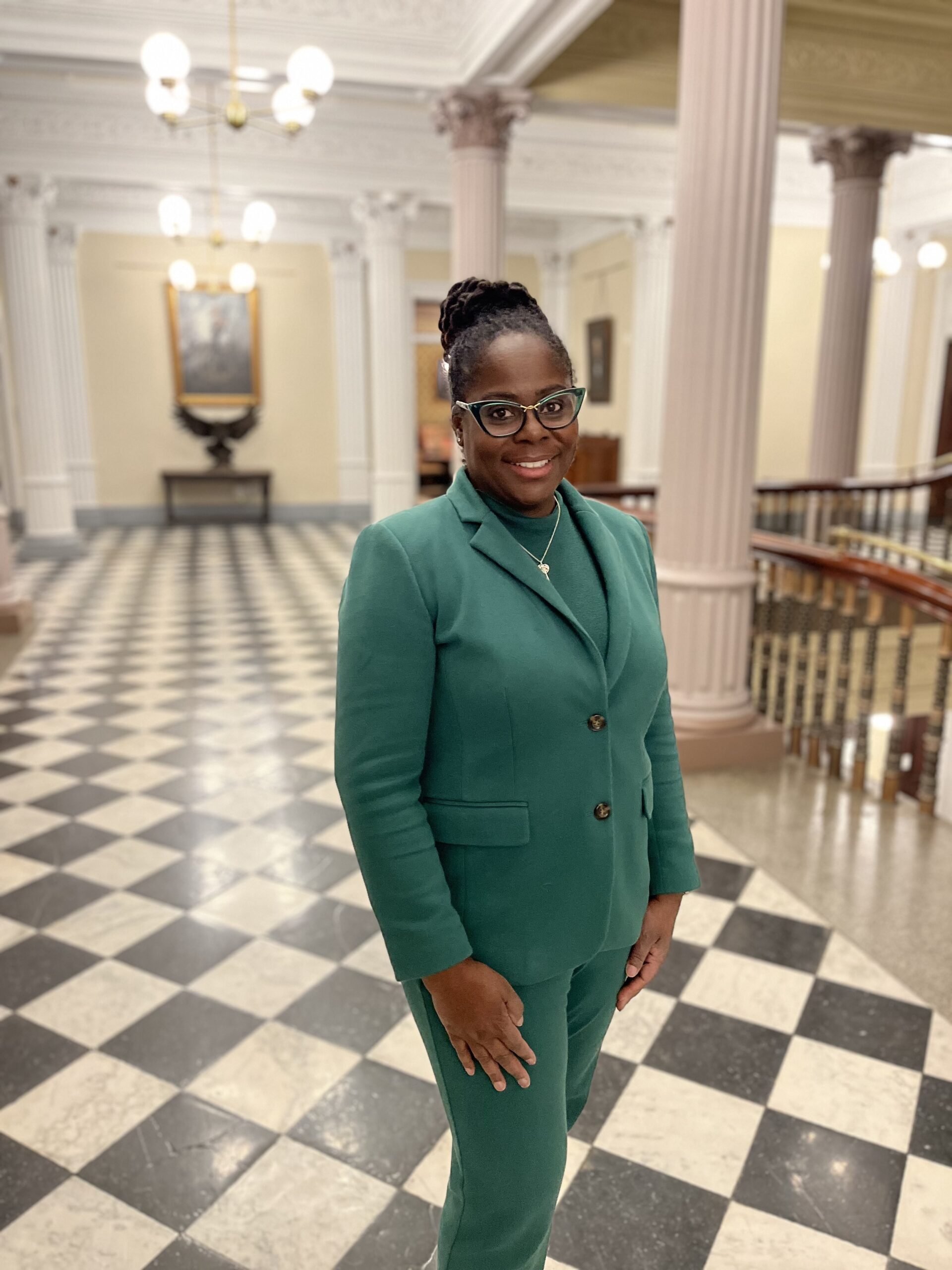
strategic partnerships,
evidence-based research
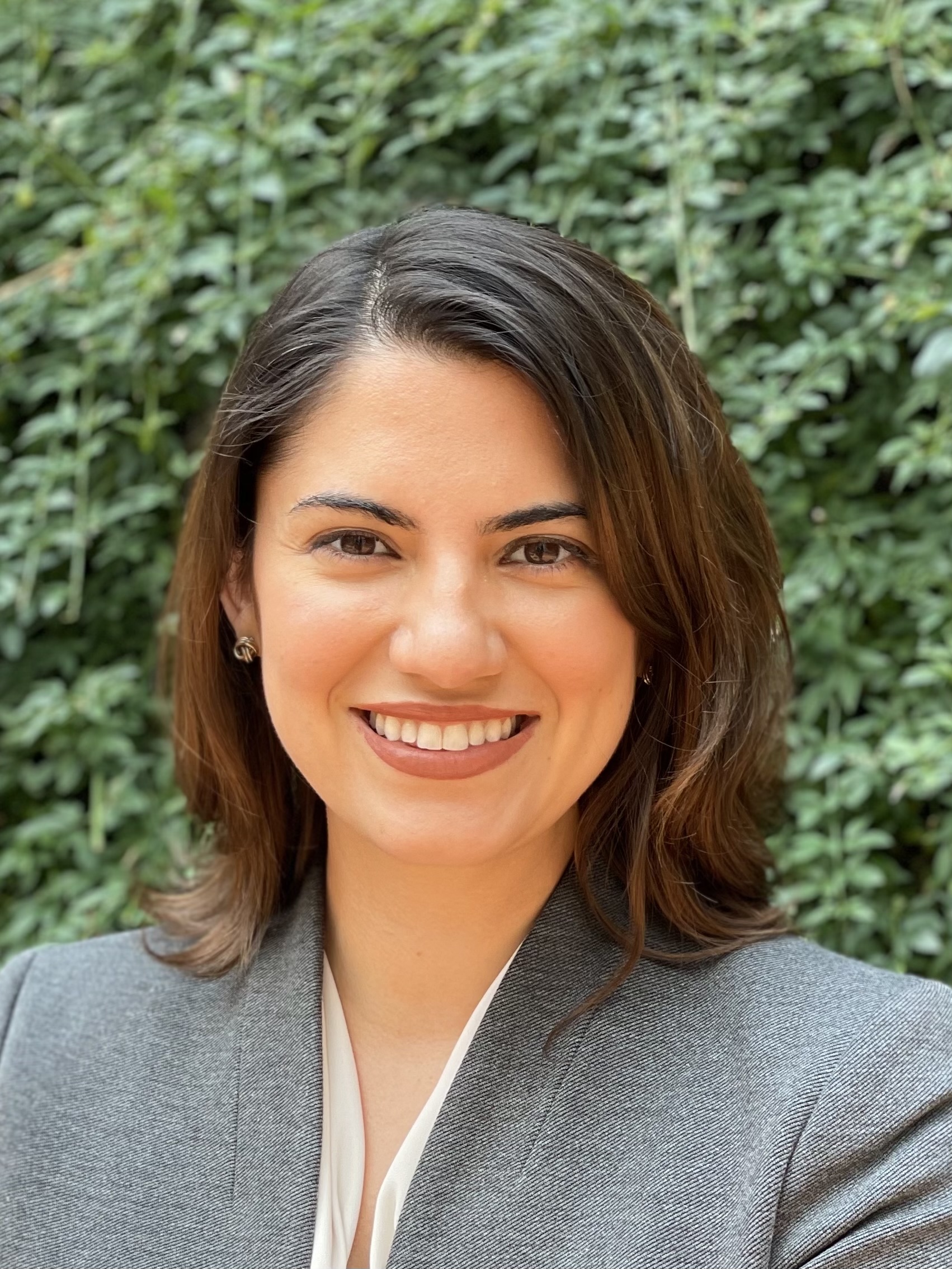
economic development,
workforce development
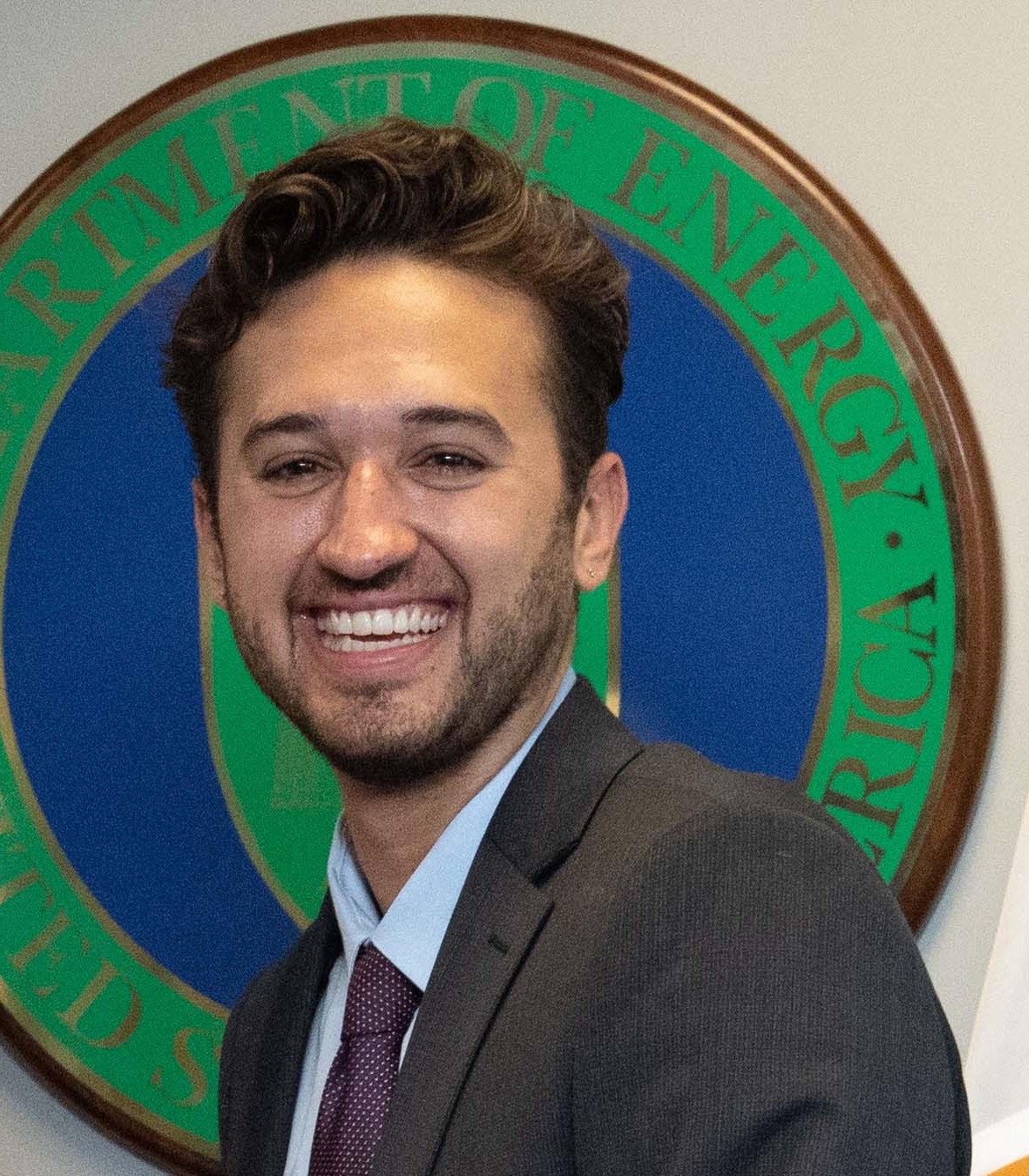
energy permitting,
clean energy
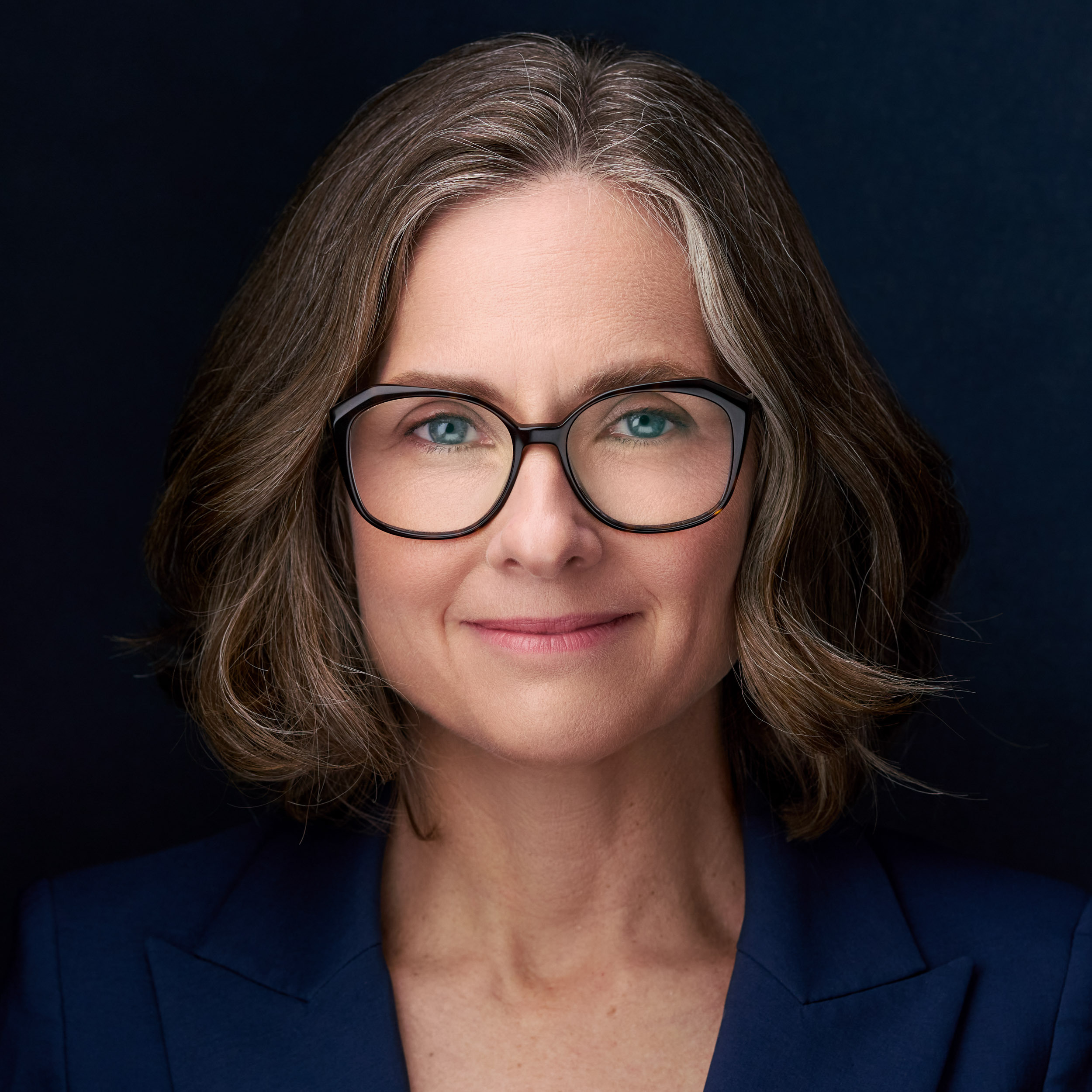
open government,
democratizing data
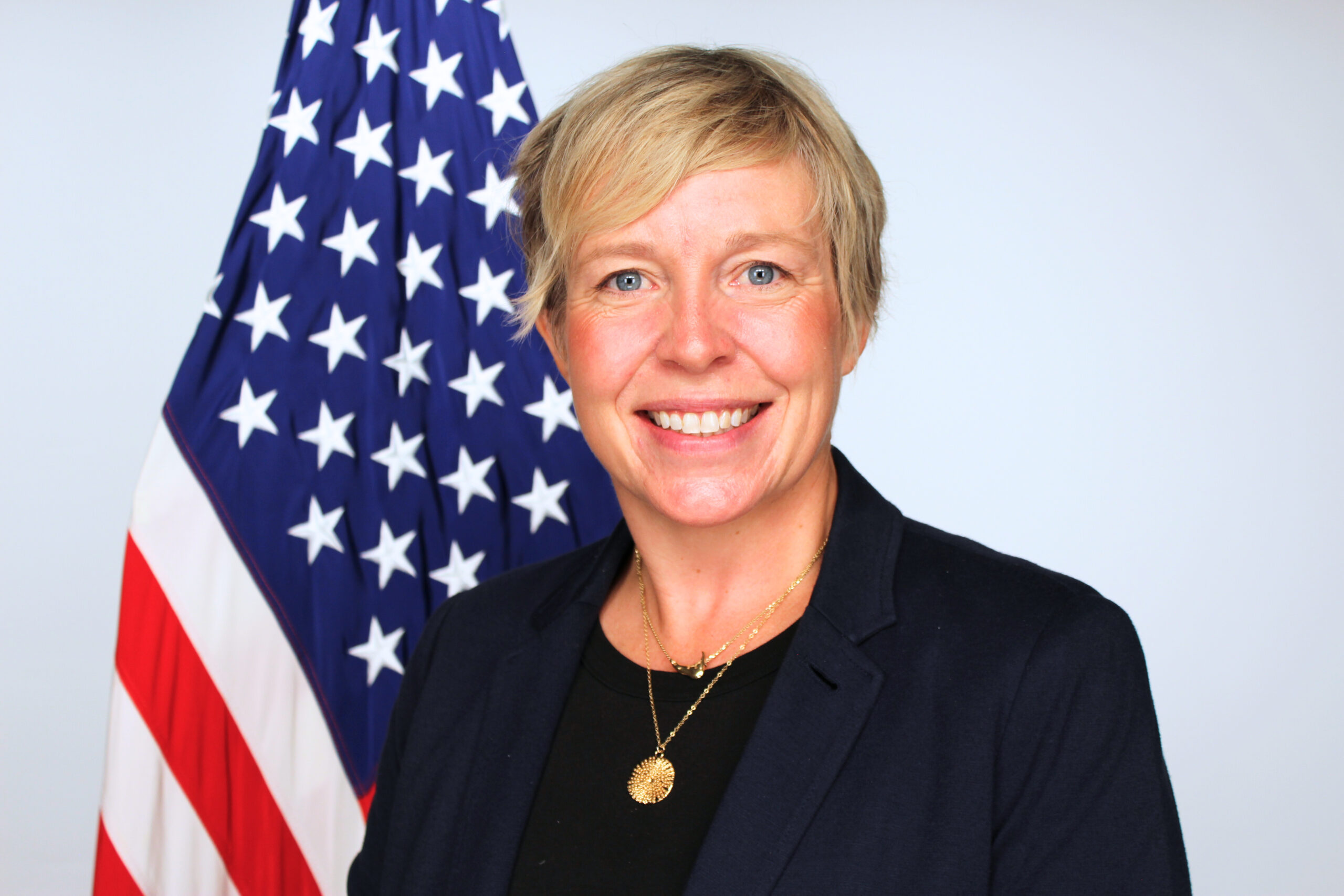
public service delivery,
open data
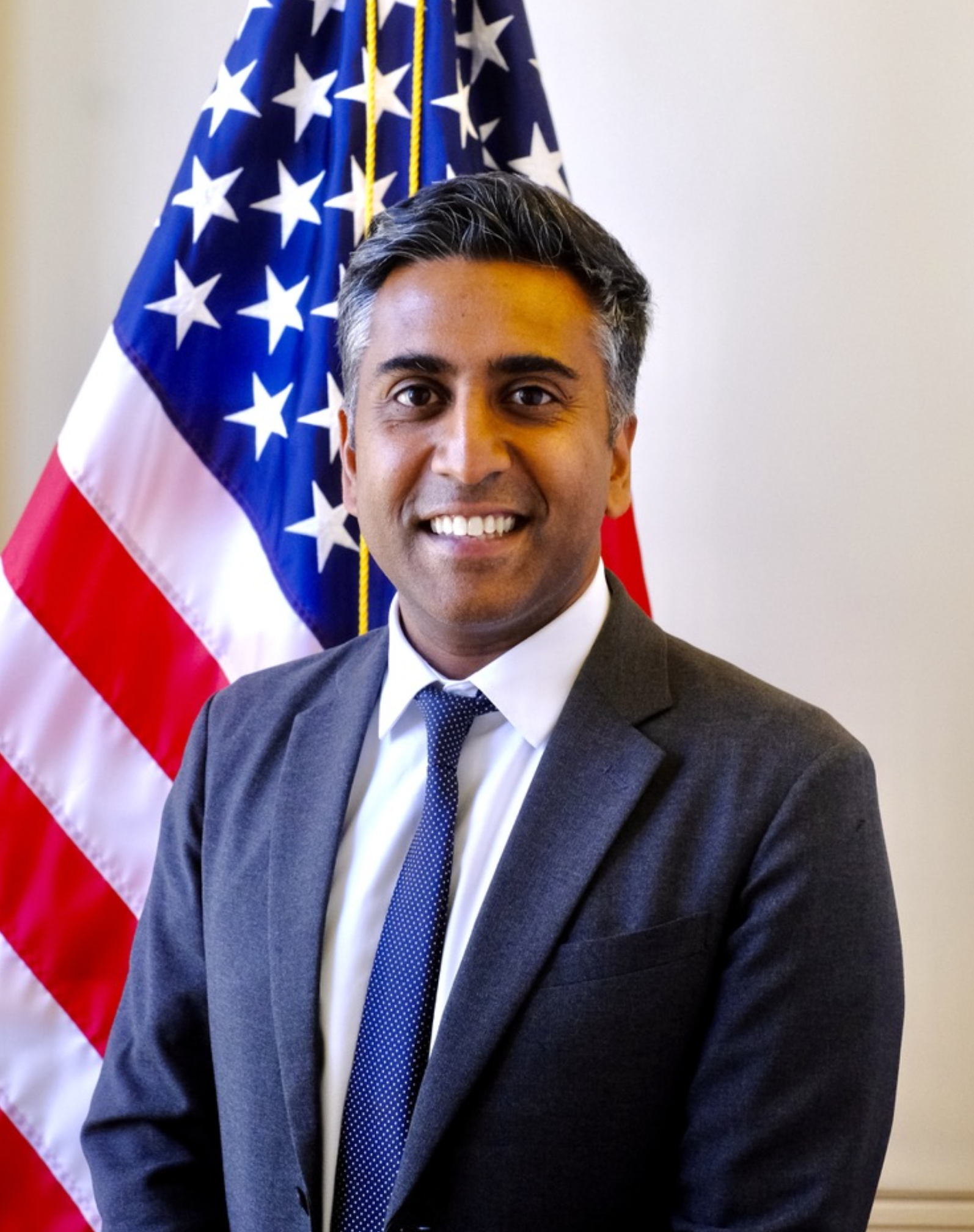
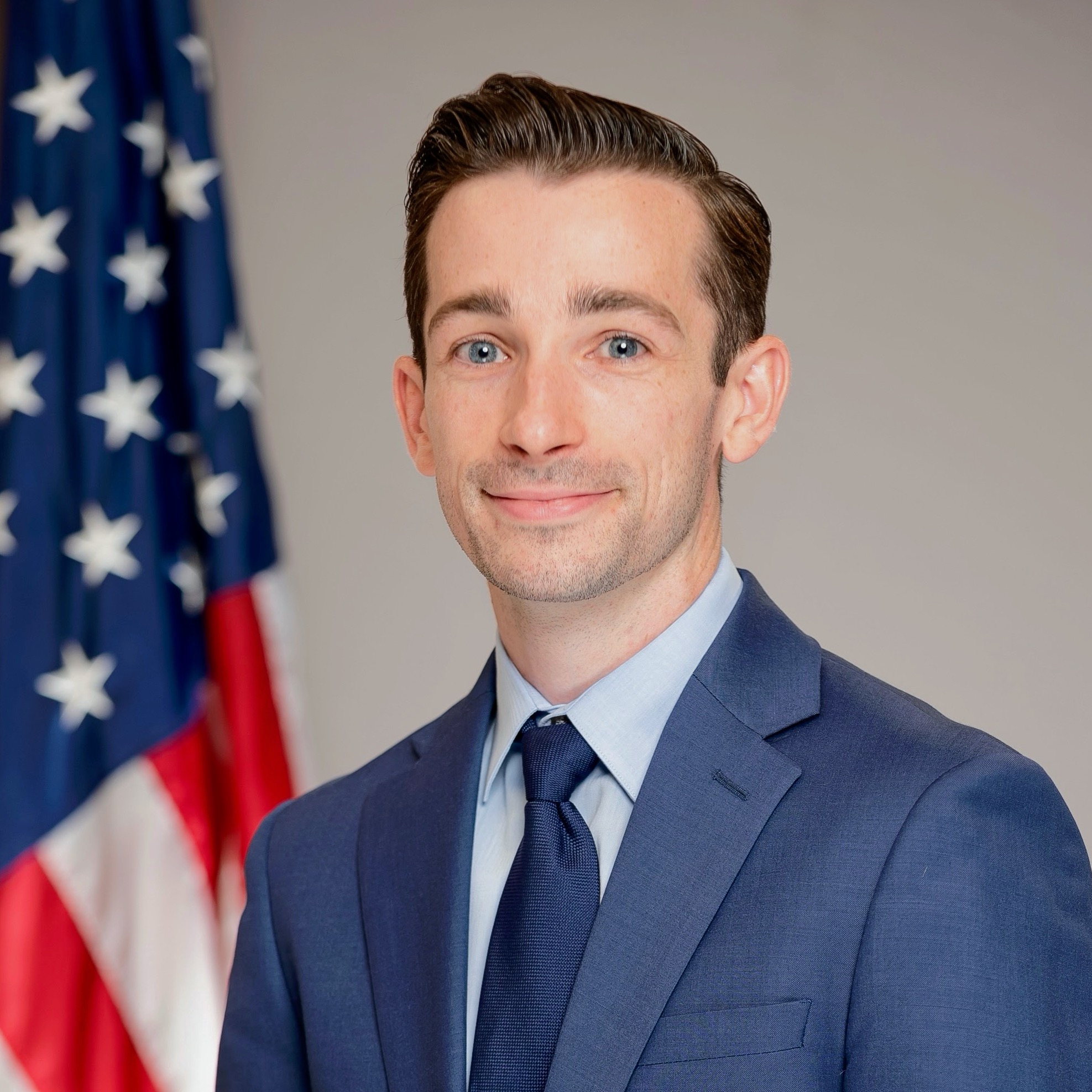
State Capacity,
Economic Mobility,
Crisis Response

STEM education,
government innovation,
government capacity,
civic technology

energy permitting,
clean energy
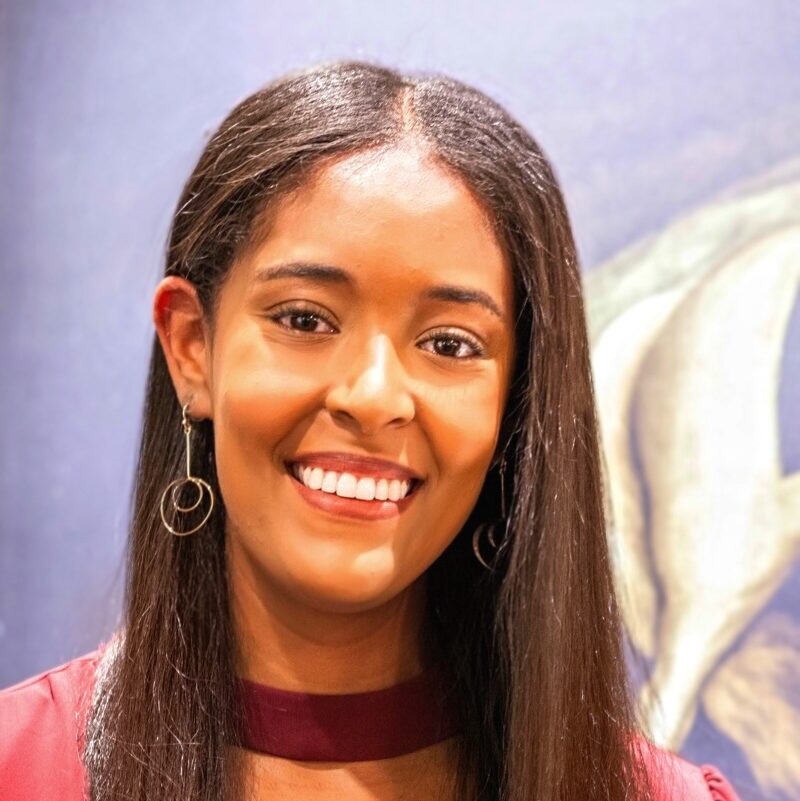
Workforce Training,
Inclusive Program Design
We’re launching a national series of digital service retrospectives to capture hard-won lessons, surface what worked, be clear-eyed about what didn’t, and bring digital service experts together to imagine next-generation models for digital government.
Americans trade stocks instantly, but spend 13 hours on tax forms. They send cash by text, but wait weeks for IRS responses. The nation’s revenue collector ranks dead last in citizen satisfaction. The problem isn’t just paperwork — it’s how the government builds.
Datasets and variables that do not align with Administration priorities, or might reflect poorly on Administration policy impacts, seem to be especially in the cross-hairs.
Innovation Ecosystem Job Board connects scientists, engineers, technologists, and skilled federal workers and contractors who have recently departed government service with the emerging innovation ecosystems across America.
Achieving energy abundance requires reforming electricity markets, refreshing electric utility regulation and rethinking the way we pay for grid infrastructure.
“The first rule of government transformation is: there are a lot of rules. And there should be-ish. But we don’t need to wait for permission to rewrite them. Let’s go fix and build some things and show how it’s done.”
To better understand what might drive the way we live, learn, and work in 2050, we’re asking the community to share their expertise and thoughts about how key factors like research and development infrastructure and automation will shape the trajectory of the ecosystem.
As the former U.S. Chief Data Scientist, I know first-hand how valuable and vulnerable our nation’s federal data assets are. Like many things in life, we’ve been taking our data for granted and will miss it terribly when it’s gone.
New initiative brings nine experts with federal government experience to work with the FAS and Tech & Society’s Beeck Center for Social Impact + Innovation, the Knight-Georgetown Institute, and the Institute for Technology Law & Policy Wednesday, June 11, 2025—Today Georgetown University’s Tech & Society Initiative and the Federation of American Scientists (FAS) announce two […]
To fight the climate crises, we must do more than connect power plants to the grid: we need new policy frameworks and expanded coalitions to facilitate the rapid transformation of the electricity system.
We’re launching an initiative to connect scientists, engineers, technologists, and other professionals who recently departed federal service with emerging innovation ecosystems across the country that need their expertise.
It takes the average person over 9 hours and costs $160 to file taxes each year. IRS Direct File meant it didn’t have to.
Fellows Brown, Janani Flores, Krishnaswami, Ross and Vinton will work on projects spanning government modernization, clean energy, workforce development, and economic resiliency
About the Senior Fellows
Quincy K. Brown served as Director of Space STEM and Workforce Policy on the National Space Council in the White House Office of the Vice President. She will design a participatory, strategic foresight process to identify solutions to the most pressing challenges we face in the evolving science and technology ecosystem. She will leverage data-driven insights, strategic partnerships, and evidence-based research to shape national policy, scale innovative initiatives, and cultivate cross-sector collaborations.
Maryam Janani Flores served as the Chief of Staff of the U.S. Economic Development Administration at the Department of Commerce, where she oversaw policy, strategy, and operations for a $5 billion grant portfolio. She will focus on broad-based participation in innovation ecosystems by placing recently departed federal scientists, engineers, and technologists in innovation hubs nationwide to build inclusive, durable innovation ecosystems.
Arjun Krishnaswami served in the Biden-Harris Administration as the Senior Policy Advisor for Clean Energy Infrastructure in the White House. He will take lessons learned at the federal level to elicit adoption of clean technology at the state level, modernizing our nation’s energy grid so that communities across the country can benefit from the greater resiliency, lower costs, and cleaner air that follow from clean energy upgrades.
Denice Ross, former U.S. Chief Data Scientist and Deputy U.S. CTO, will prototype a Federal Data Use Case Repository for documenting and sharing how people across the nation use priority federal datasets from many agencies. Her project is a front-line effort to protect the continued flow of federal data.
Merici Vinton served as a Senior Advisor to IRS Commissioner Danny Werfel and prior to that was an original architect of the Direct File service. She will focus on technology innovation to deliver public services in a post “digital services” era, making institutions more relevant and responsive.